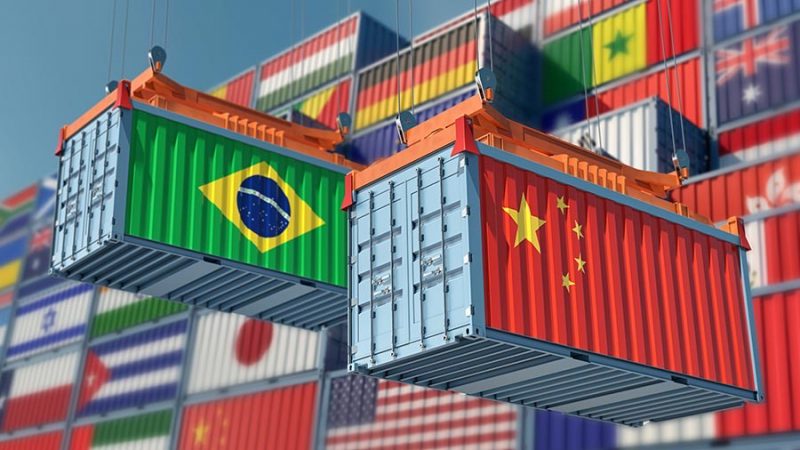Is the US dollar losing it’s privileged status as the world’s reserve currency? Barron’s reported that both China and Brazil have undergone discussions and decided to trade in their own country’s currency. These are seemingly calculated moves by Brazil and China, both which are BRICS nations.
The new deal will allow China and Brazil, both top rivals to the US economy, to execute trade and financial transactions directly with one another, exchanging yuan for reais instead of going through the US dollar.
What is the purpose of BRICS nations?
The BRICS nations of Brazil, Russia, China, India, and South Africa are said to have joined together as an emerging market force. A Goldman Sachs economist by the name of Jim O’Neill once predicted that these economies would dominate the world by 2050.
As BRICS was originally formed for investment opportunities, are a few of these countries now preparing to overthrow the US dollar, emerging as the next global superpower? We can only imagine this has been in the works for a while.
Brazil and China now leave the US dollar behind
The Brazilian Trade and Investment Promotion Agency said in a statement: “The expectation is that this will reduce costs..promote even greater bilateral trade and facilitate investment.”
A record $150.5 billion in bilateral trading happened between China and Brazil last year, while China already has similar setups with Russia, Pakistan, and other countries. Now that a deal has been reached that bypasses the US dollar in trading, questions still remain.
Within the digital payments and blockchain communities, people will be closely watching how countries are doing business with one another and how long it takes currencies to settle. Spectators will also pay attention to what technologies will be used to quickly settle transactions. If the US does not want to keep getting left behind, it should be asking some hard questions now regarding its economic, political and FinTech policies.





